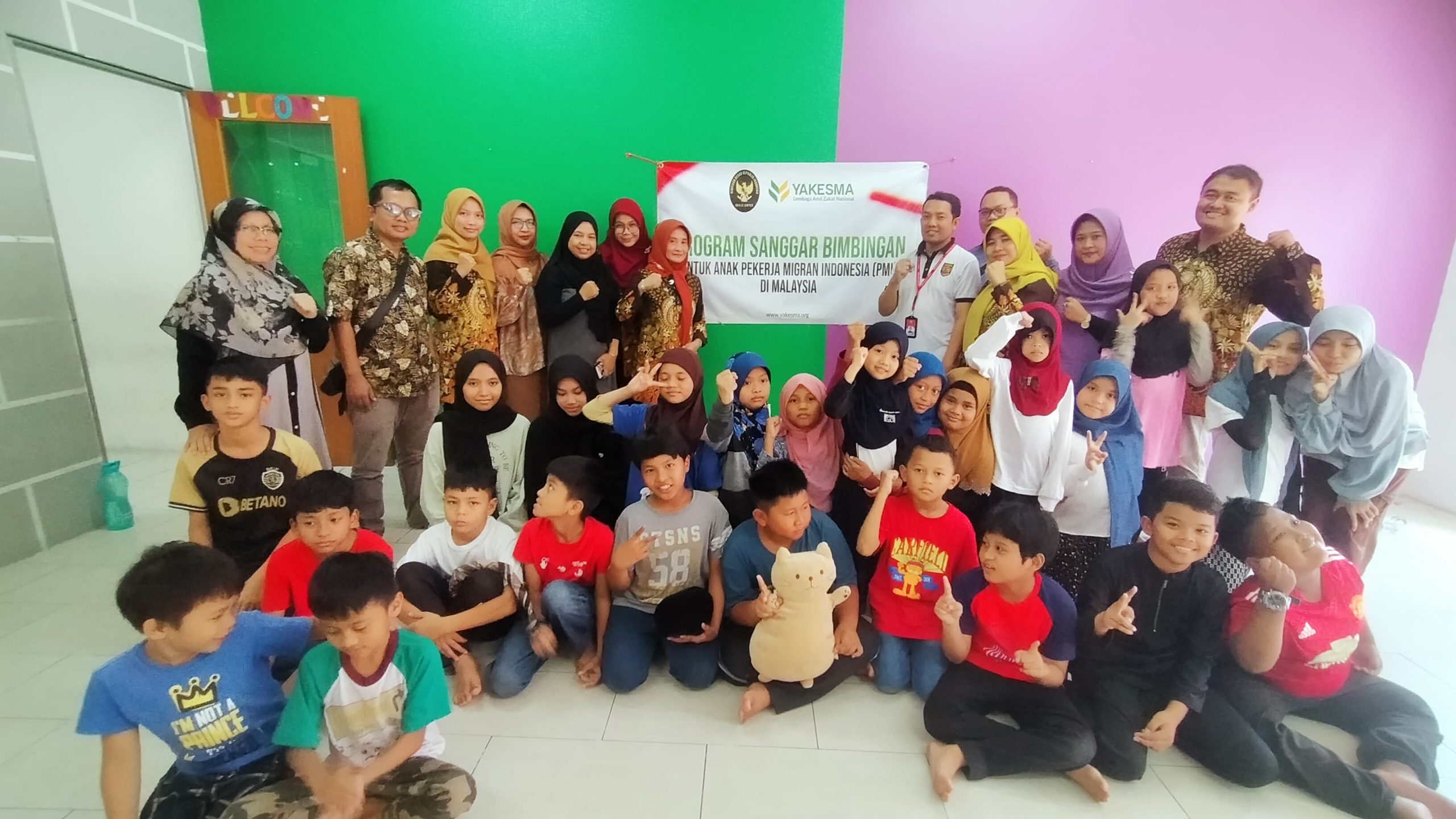An effort to introduce and preserve Indonesia’s cultural heritage was carried out by the Semarang State University Team at the Sanggar Guidance Program, Kuala Lumpur, Malaysia on February 29 2024. Led by Prof. Dr. Nanik Wijayati, M.Si., and Adi Satrio Ardiansyah, S.Pd., M.Pd., this activity aims to introduce traditional games to the children of Indonesian migrant workers in Malaysia. This activity is an important step in preserving and caring for Indonesia’s cultural riches which have long been passed down from generation to generation. The three traditional games chosen to be introduced were Dakon, Bola Bekel, and Jump Rope. These three games were chosen because they are not only fun but also provide educational and honest value to the players. One of the values emphasized in this activity is honesty, which is manifested in the Dakon game. In Dakon, players must be honest when taking and distributing seeds in designated holes. This not only teaches children to be honest, but also fosters a sense of responsibility and fair play in playing. Apart from that, this activity also aims to provide a healthier and more beneficial alternative to playing than spending too much time with electronic devices. By introducing traditional games, it is hoped that children can find fun and excitement in playing without having to rely too much on modern technology. The introduction of this traditional game also aims to maintain the cultural identity of Indonesian children abroad. Even though they are far from their homeland, they can still experience and introduce Indonesian cultural heritage to their friends in Malaysia. Through this activity, it is hoped that Indonesian children in Malaysia can develop a sense of love and pride in their cultural heritage. Apart from that, it is hoped that awareness will also arise of the importance of preserving and introducing traditional games to the younger generation, so that the richness of Indonesian culture remains sustainable and maintained. With collaboration between educators, researchers and the community, it is hoped that this kind of activity can continue to be carried out in a sustainable manner, not only in Malaysia but also in other countries where Indonesian citizens live. This will be a real effort to strengthen ties of brotherhood between nations and maintain the continuity of Indonesian culture wherever they are.


